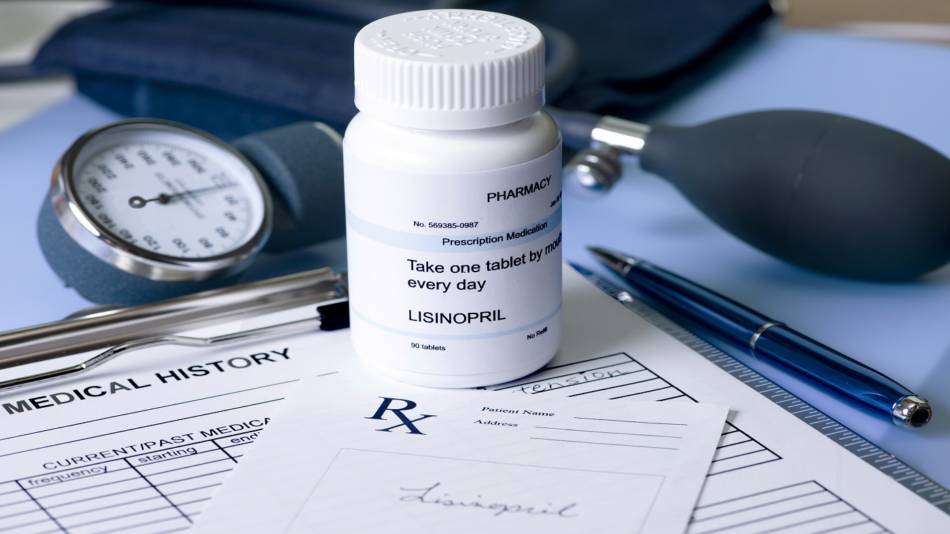Our Members Asked:
I take lisinopril (Zestril), an ACE inhibitor drug to lower blood pressure. Are there supplements I should avoid, or be taking, due to this drug?

Answer:
Yes, if you take lisinopril (Zestril, Prinivil) or another ACE inhibitor such as enalapril (Vasotec), quinapril (Accupril), benazepril (Lotensin), or ramipril (Altace) for high blood pressure or congestive heart failure, certain supplements may cause problems and a particular mineral supplement should be taken at a different time of day than your ACE inhibitor.
There are no supplements that you should necessarily take because you are on an ACE inhibitor.
Avoid:
Potassium supplements should be avoided by people taking lisinopril (Zestril, Prinivil) ramipril (Altace) or other ACE inhibitors that can increase potassium levels. Taking potassium supplements with these medications could potentially increase the risk of dangerously high blood levels of potassium, a condition called hyperkalemia. Do not take potassium without medical supervision. (Be aware that coconut water can contain high amounts of potassium).
Licorice contains glycyrrhizin, a compound that can increase sodium retention and blood pressure (Deutch, Foods 2019). Licorice supplements and other licorice products that have had glycyrrhizin removed, known as deglycyrrhizinated licorice (DGL), are available and may not have the same adverse effects as licorice containing glycyrrhizin (Omar, Ther Adv Endocrinol Metab 2012; NIH 2020).
Use with caution:
Arginine may cause a mild reduction in blood pressure, although not all studies have shown a consistent effect (Komers, J Hypertens 2000; Zoja, Kidney Int 2003). Use arginine cautiously if taking lisinopril.
St. John's Wort may increase sensitivity to the sun (photosensitivity), as can lisinopril and other ACE inhibitors (Lisinopril Prescribing Information 2008; Friedman, Arch Intern Med 2012). It's possible that taking St. John's wort while taking an ACE inhibitor could increase this effect. (The herb Dong Quai may also increase sun sensitivity, and potentially have a similar effect (National Toxicology Program 2008).
Take at a different time of day:
Although there is some preliminary evidence that iron supplements may help to alleviate dry cough caused by ACE inhibitors, iron may interfere with the absorption of ACE inhibitors (and likewise, these drugs may inhibit the absorption of iron). To be safe, it's best to take iron supplements and ACE inhibitors at different times of day.
Green tea extract has been shown to significantly reduce the absorption of lisinopril, which might reduce its blood pressure-lowering effects. It is unclear if green tea has this effect, or if green tea or green tea extract affects the absorption of other ACE inhibitors, but to be on the safe side, it seems best to take green tea or green tea extract and lisinopril at different times of day.
ACE-inhibitors may reduce this mineral:
Be aware that lisinopril and other ACE inhibitors may deplete zinc levels in the body and increase the risk of zinc deficiency (Golik, J Am Coll Nutr 1998; Trasbare, J Trace Elem Med Biol 2007). However, there does not appear to be research on the effects of zinc supplementation in people taking these drugs, so consult your physician before taking zinc supplements.
Join today to unlock all member benefits including full access to all CL Answers and over 1,400 reviews.
Join NowAlready a member? Sign In Here.
Join now at www.consumerlab.com/join/






Submit your comment
This feature is restricted to active members.
Join now to add comments and get all member benefits, including over 1,400 reviews.
Join NowAlready a member? Sign in here.